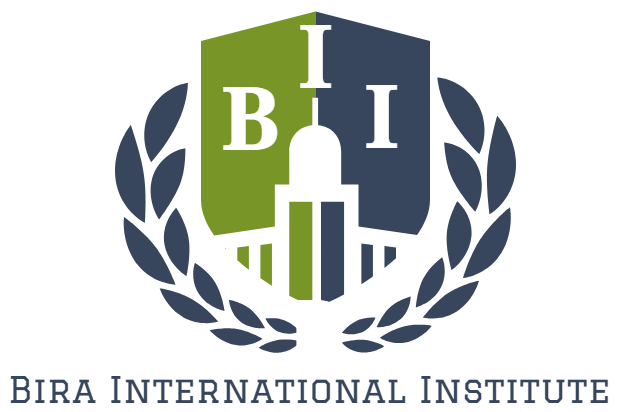Mental health plays a vital role in every individual’s state of living. Mental health is as essential as our physical health.
This course introduces the key components of mental well being and the risk factors associated with mental health. It also takes you back to the history of mental health approaches and how mental health stigma reduces through time.
Moreover, social attitudes that impact mental health are thoroughly explained, and the laws created to address the concerns of an individual’s mental health.
At the end of every course unit, students will undergo assessments to gauge their understanding and readiness for each next unit.
Assessment
This course is knowledge-based, however, it includes a practical aspect so that you can demonstrate your newly-found skills. To meet the assessment criteria, you will be required to interact with several case study scenarios and provide a development journal of learning that will you to track and reflect on the ways you have applied your counselling skills in your everyday life or social care setting. This is so your assessor can see how you apply your knowledge to different situations, which will, in turn, help you confidently practice your skills in the future.
Additionally at the end of every unit, you will undergo assessments to gauge your understanding and readiness for each next unit. Also putting theory into practice is central to gaining competency in SFBT therefore students are advised to implement the knowledge and skills learnt in their work settings.
Certificate on Completion
The certificate successful learners receive will also have the logo of the IAOTH as the accreditation Organisation along with the full qualification title.
For further details feel free to
For more details please contact us ;
Email:info@biiopenlearning.com or biiopenlearning@gmail.com
-
Unit 1: Mental health: Description and theoretical approaches
In this Unit, you will learn about the definition of mental health and mental ill health. The key components of mental well-being according to health professionals will also be discussed.
-
Unit 2: Risk Factors associated with Mental health
In this Unit, you will learn what risk factor is. The different risk factor categories such as biological, physical, social and psychological will also be discussed.
-
Unit 3: Factors that impact on Mental health
In this Unit, you will learn about the historical approaches on mental health and the impact of its change. You will also learn about how stigma which associated with mental illness has reduced and what research has to say about the mental health in minority groups. Lastly, the 8 difficulties people face will be discussed.
-
Unit 4: Impact of Social attitudes on mental health
In this Unit, you will learn the different social attitudes and its impact on mental health.
-
Unit 5: Mental health and the Law
In this Unit, you will learn about the different laws created to address concerns specifically those related to an individual's mental health.

